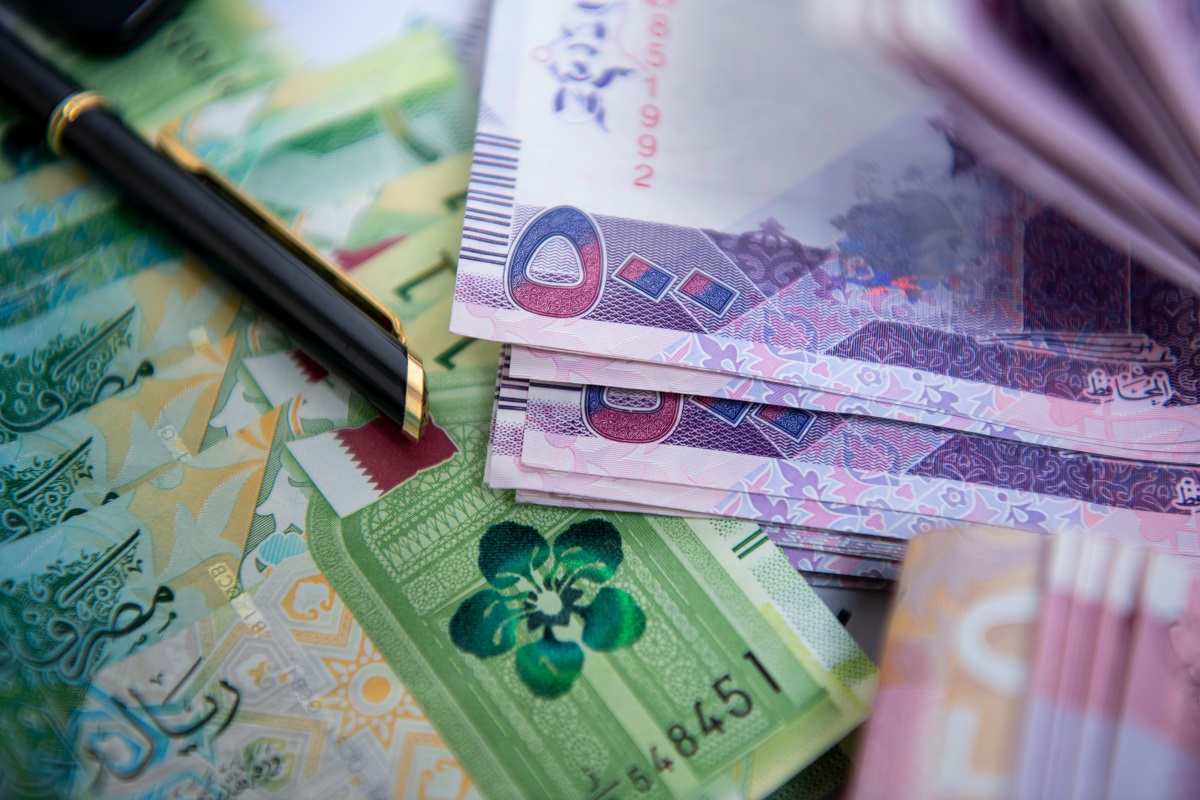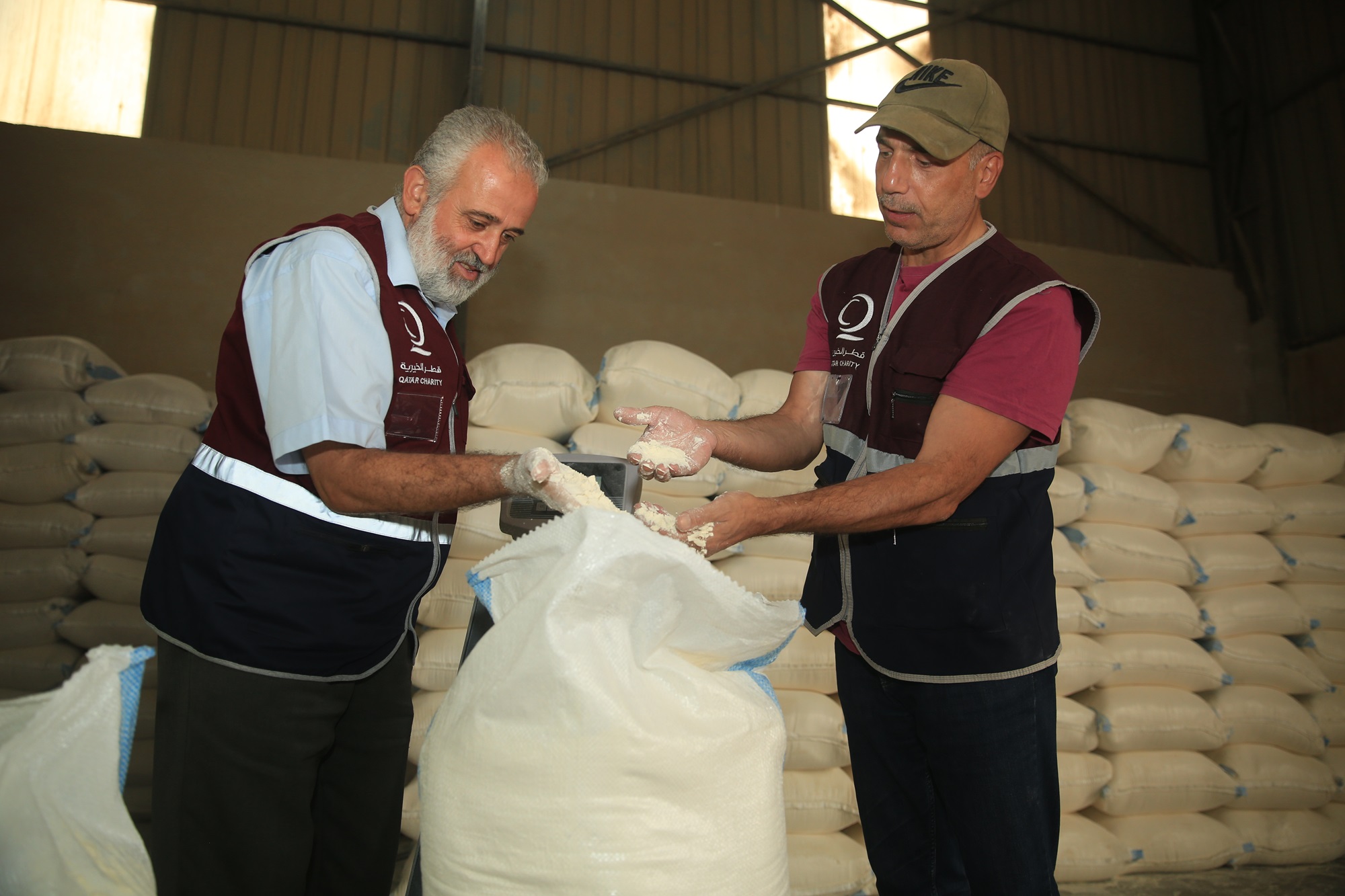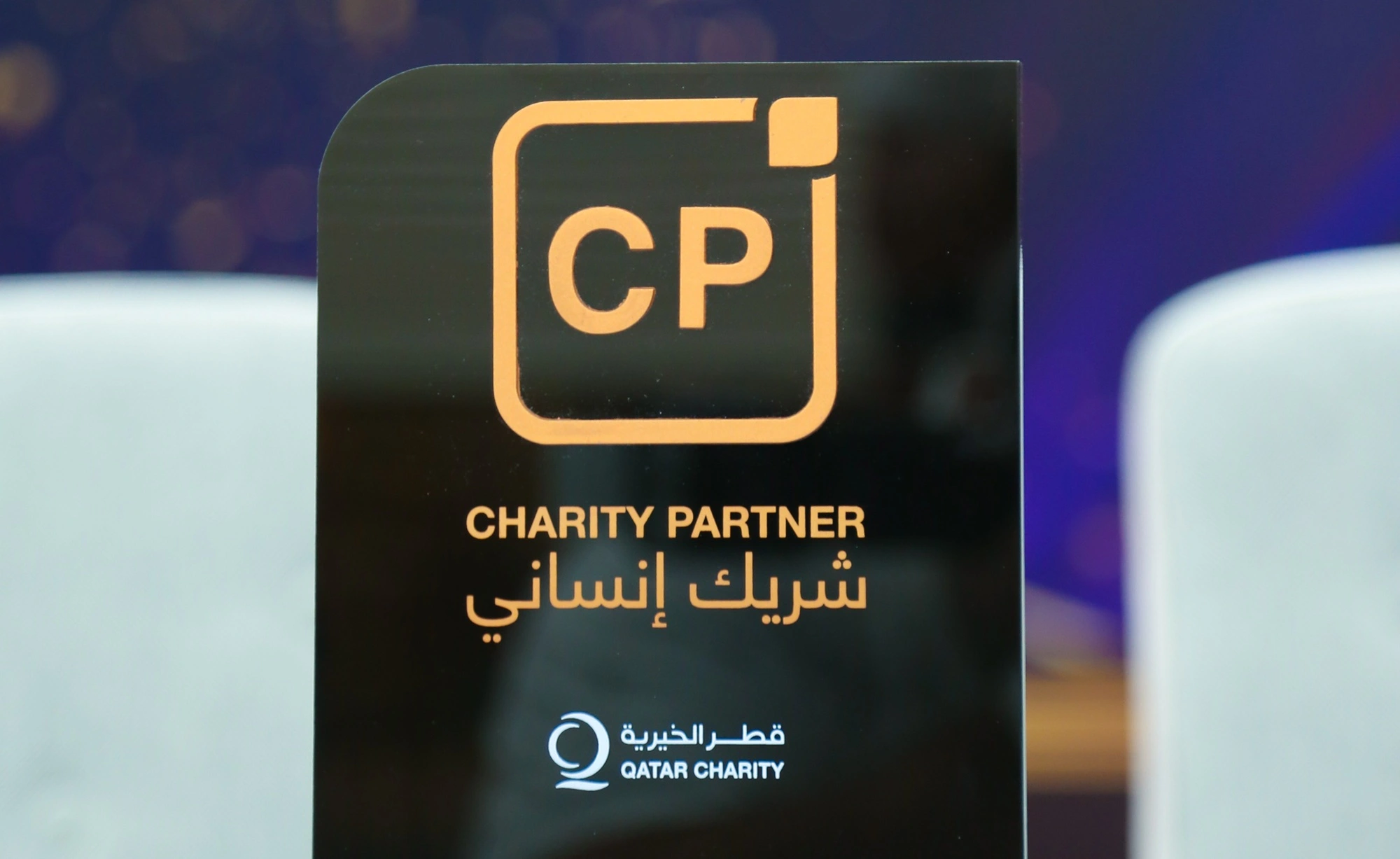Zakat
Pay your Zakat as it is a happiness to your heart and Barakah to your money.
Zakat is one of the pillars of Islam. It is obligatory on all Muslims possessing wealth in excess of their needs at the time it reaches the nisab, if one whole lunar year has passed after reaching the nisab. Its amount is equivalent to the value of 85 grams of pure gold.
This article sheds light on the following:
How to pay wealth zakat
Wealth on which zakat is due is specified by Sharia, which are livestock of all kinds: camels, cows, and sheep; fruits: dates and raisins; crops which could be stored or used as regular food, such as corn and rice; cash: gold, silver, and banknotes; metals, ores, and trade goods. In general, there is no zakat on anything other than this, such as vegetables, jewels, horses, and so on; however, scholars disagree over some of the details.
Zakat could be paid either by the person in possession of wealth themselves or given on their behalf to people eligible for zakat, whom Allah Almighty specifies saying: “Zakāh expenditures are only for the poor and for the needy and for those employed for it and for bringing hearts together [for Islām] and for freeing captives [or slaves] and for those in debt and for the cause of Allāh and for the [stranded] traveler – an obligation [imposed] by Allāh. And Allāh is Knowing and Wise.” [Surah At-Tawbah – 60]
Zakat is payable at 2.5%, one quarter of one-tenth of the wealth one possesses if it is equal to or above the nisab after one lunar year has passed. Personal wealth includes local currencies, gold, silver, and trade goods.
It is calculated by dividing the total amount on which zakat is due, which is one-fortieth, by 40.
Is cash nisab equivalent to gold or silver value?
Scholars’ prevailing opinion is that cash nisab is estimated at a rate equivalent to the value of gold or silver, not just gold. Nisab is the equivalent of 85 grams of gold or 595 grams of silver. One should pay zakat once the nisab of gold or silver is reached. Accordingly, whoever possesses the value of what reaches the nisab of silver, and one whole lunar year has passed while it is in their possession, they must pay zakat on it, even if the nisab of gold is not reached yet. However, there is no zakat on possessions that are under the nisab of silver until the nisab of gold or silver is reached again and one whole lunar year has passed since it has reached the nisab.
There is another view as to what is considered regarding reaching the nisab, which is the beginning and end of the lunar year; that is, if the nisab is reached both at the beginning and end of the lunar year, zakat is due at the end of it, even if one’s wealth decreases during it.
According to the Encyclopedia of Islamic Jurisprudence, as to Shafi‘i, and Hanbali schools of Islamic thought, if one’s wealth during the lunar year falls under nisab, they restart the lunar year count when nisab is reached again. For the Hanafi school of Islamic thought, once nisab is reached, it doesn’t matter if one’s wealth falls under nisab as long as they possess the nisab amount at the beginning and end of the lunar year, except if it has gone entirely.
Is banknotes nisab estimated by gold or silver value?
Banknotes nisab is the equivalent of approximately 85 grams of pure gold or 595 grams of pure silver. The minimum nisab liable for zakat from among gold or silver might be considered since it is more beneficial to the poor. According to the Permanent Committee for Scholarly Research and Ifta, nisab value for dollars and other currencies is the equivalent of 20 mithqals of gold or 140 mithqals of silver, whichever is more beneficial to the poor, as the prices of gold and silver vary from time to time and place to another.
Since the price of silver is less than that of gold, there is a big difference between nisab value of gold and silver.
Zakat on bank deposits
Bank deposits could be permissible to some extent or forbidden totally. Zakat on bank deposits is paid on the capital money and the profit. The rate of Zakat is 2.5%, one quarter of one-tenth, the same zakat rate payable on gold and silver, since they are of precious value.
A resolution presented in the Council of Islamic Fiqh Academy held in Amman in 1986 discussed this:
“First: Regarding Shari’a rules governing paper money:
A. Paper money is real money, possessing all characteristics of value, and subject to Shari’a rules governing gold and silver vis-a-vis usury, Zakat, Salam and all other transactions.”
Also, there is unanimous agreement among scholars that zakat on gold and silver is one quarter of one-tenth.
Zakat on investment certificates return
There is no zakat on investment certificates return if it is spent during the year on necessities.
However, in case it is added to the capital money, zakat should be paid on the capital money and return, at the rate of 2.5% if a whole lunar year has passed on the capital money.








